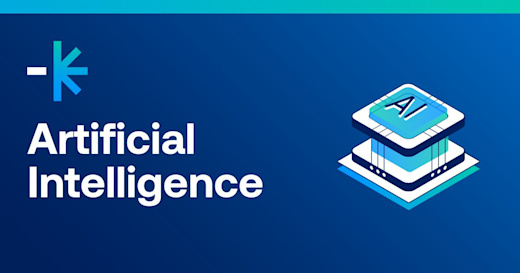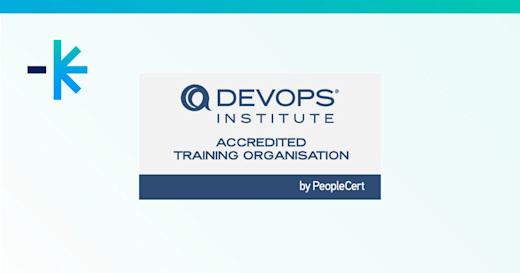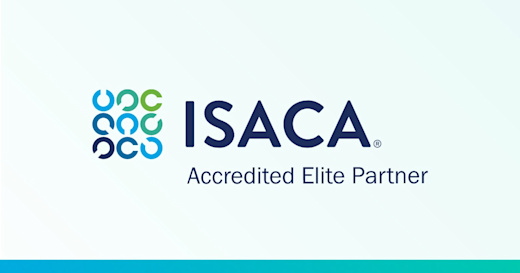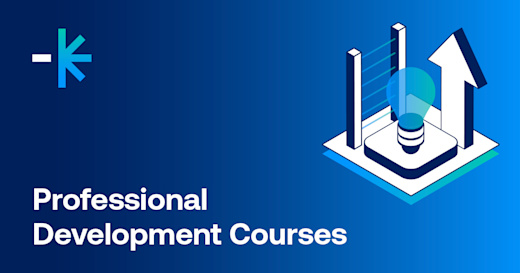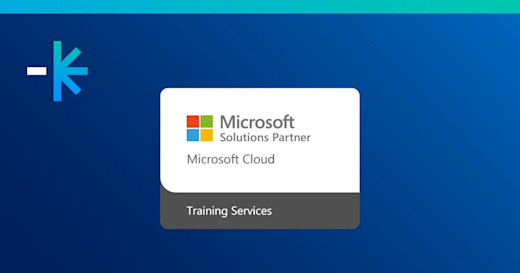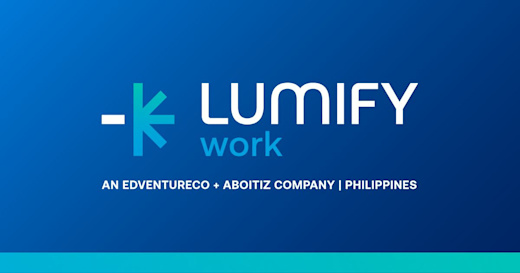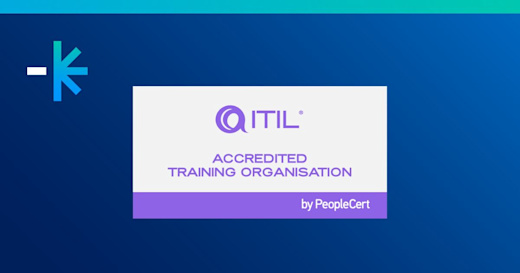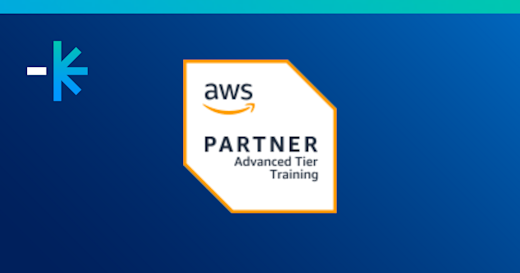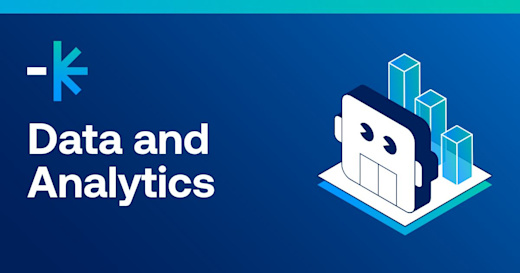Effective project delivery requires skilled project managers who can think strategically, mitigate risk and deliver with assurance. As businesses increasingly look towards project-based work to drive growth and change across sector after sector, there's only a great demand for qualified project professionals.
Two of the most respected and internationally recognised brands of certifications are PMI® (Project Management Institute) and PRINCE2® (Projects IN Controlled Environments). Although both provide structured ways to handle projects, their approaches differ in methodology, application and industry preference.
US-based PMI offers a range of certifications, the most commonly known of which is the Project Management Professional (PMP®), based on the PMBOK® Guide (Project Management Body of Knowledge). PMI certifications are based on knowledge areas and process groups. They are most suitable for those who prefer a general, standards-based, and adaptable method of conducting projects that can be applied geographically and industrially.
PRINCE2 is a portfolio of qualifications offered by PeopleCert, which is a global leader in certifying professionals across a range of domains. PRINCE2 Project Management consists of a highly process-based methodology that defines roles, responsibilities, and project governance in clear terms. Governments and large projects generally favour PRINCE2 Project Management, which finds its largest application in the UK, Europe, and Commonwealth countries.
While PMI is interested in what must be accomplished and how to do it as well as possible, PRINCE2 deals with how to manage a project from beginning to close down within a pre-defined pattern. Selecting the right one not only depends on your personal career objectives, but also on the operational requirements and strategic orientation of your business.
For companies, investing in project management certifications like PMI or PRINCE2 offers measurable benefits:
Better project results by means of organised planning, risk control and stakeholder alignment.
Consistent processes across departments, creating a common language and approach for project teams.
Greater credibility in tenders and stakeholder engagements, particularly in industries where governance and delivery frameworks are closely scrutinised.
This guide will break down the key differences between PMI and PRINCE2 certifications, helping you — and your organisation — determine the best path forward.
What is a Project Management Institute (PMI) Certification?
Globally recognised, a PMI certification provides professionals with the tools, methods, and leadership skills they need to complete projects in dynamic environments. Considered the gold standard for seasoned project managers across various fields, the Project Management Professional (PMP) is PMI's flagship certification.
PMI-certified professionals offer companies strategic alignment and structure to ensure project completion. They are trained in PMI’s standards, which promote consistent scope control, risk mitigation and stakeholder communication. Such training leads to higher project success rates, reduced delays and better alignment with organisational goals.
PMI offers a certification pathway for every level:
Certified Associate in Project Management (CAPM®) – ideal for upskilling emerging talent with no prior experience.
Project Management Professional (PMP) – suited to mid-to-senior professionals managing complex or high-stakes projects.
Organisations embracing agile, hybrid or risk-intensive project environments will find value in specialist choices, including PMI-ACP (Agile Certified Practitioner) and PMI-RMP (Risk Management Professional).
Having PMP-certified professionals on the team improves delivery credibility for business leaders, particularly in consulting, IT, engineering and infrastructure, where clients demand high standards of project governance.
What is PRINCE2?
PRINCE2 is a general project management tool for tasks that require greater degrees of structure, compliance, and documentation. It offers a strict, process-based framework that defines every phase of the project lifecycle.
Professionals certified in PRINCE2 Project Management help companies apply scalable, repeatable processes that ensure every project — regardless of its size — follows a consistent path from start to finish. In industries (including government, infrastructure, healthcare, and education) where process control is crucial, this is especially important.
The PRINCE2 Project Management certification pathway includes:
PRINCE2 Project Management Foundation – introduces key principles and terminology, suitable for entry-level roles or cross-functional team members.
PRINCE2 Project Management Practitioner – focuses on the practical application of the methodology in live project environments.
For enterprise teams, PRINCE2 supports consistent governance across departments, reducing delivery risk and supporting better communication between project stakeholders.
Difference Between PMI and PRINCE2
Both PMI and PRINCE2 certifications are globally respected and offer proven frameworks for project delivery. For professionals, they serve as career accelerators, validating knowledge and increasing marketability. For organisations, they help standardise processes, reduce risks and strengthen delivery outcomes across teams and departments.
Choosing between the two depends on several key factors — your industry, the types of projects your organisation delivers, team experience levels and your preferred working methodology. Here’s how PMI and PRINCE2 differ in structure and application:
Global recognition
PMI certifications, particularly PMP, are widely recognised across North America, Asia, the Middle East, and multinational organisations. Many global enterprises view PMI as a benchmark for strategic project leadership, particularly in IT, construction, engineering, and finance.
PRINCE2 is highly regarded in Australia, New Zealand, the UK, Europe, and Commonwealth countries, particularly for government, defence, infrastructure and public sector projects. Strict compliance and governance frameworks often necessitate its use. It is also recognised in the Asia Pacific region, in countries like the Philippines.
Points of emphasis
Emphasising a competency-based approach to project management, PMI balances strategic insight with technical knowledge and leadership. The framework supports agile, conventional and hybrid models, allowing flexibility across many project environments and sectors.
With an emphasis on precisely defined roles, documentation and stage-by-stage controls, PRINCE2 offers a highly structured, process-driven methodology. For companies that respect consistency, predictability, and procedural rigour, it is perfect.
Certification structure
PMI offers a tiered certification model:
CAPM – suited for junior team members or those new to project environments.
PMP – designed for seasoned experts handling end-to-end delivery.
Specialised certifications, such as PMI-ACP and PMI-RMP, enable teams to increase their agility or risk-oriented project capability.
For businesses, this structure allows for team-wide upskilling at all levels, from support staff to senior leadership. Learn more about the key differences between CAPM and PMP.
PRINCE2 features two core levels:
Foundation – ideal for onboarding team members into a shared framework.
Practitioner – for project leads applying methodology on real-world projects.
This straightforward structure supports rapid team onboarding and consistent delivery processes across projects.
Flexibility and application
PMI’s frameworks are adaptable for agile, hybrid or traditional delivery models, making them ideal for cross-functional teams and transformational change programs. They’re especially valuable for enterprise environments managing complex portfolios.
PRINCE2’s strength lies in its predictability and repeatability. It suits organisations that deliver multiple, similar projects that require tight governance, detailed reporting and clear accountability.
There's also PRINCE2 Agile®, considered the world’s most complete project management solution, combining the flexibility and responsiveness of Agile with the clearly defined framework of PRINCE2. Learn more about the PRINCE2-Agile framework.
PMI vs PRINCE2: Career Advancement Opportunities
Workforce Capability and Organisational Impact
Beyond individual salary growth, project management certifications:
Elevate the maturity of project delivery across teams, enabling more consistent outcomes and better stakeholder engagement.
Support enterprise-wide adoption of structured methodologies, enhancing communication and efficiency between departments.
Enhance an organisation’s credibility through client-facing proposals, particularly for tenders or projects that require formal governance (common in consulting, engineering, and government contracts).
Organisations that embed PMP or PRINCE2 certifications into their professional development strategies also see improved talent retention, as employees gain clarity in their career progression and feel more invested.
Career Advancement Paths
Professionals with PMI certifications often move into leadership roles such as:
Senior Project Manager
Program Manager
Portfolio Manager
Project Director or PMO Lead
These roles are critical for aligning project execution with strategic business objectives, making PMI-certified professionals valuable at both operational and executive levels.
PRINCE2 supports advancement into roles such as:
Project Manager (particularly in structured environments)
Project Consultant or Business Analyst
PMO Coordinator or Lead
Programme Director (particularly in government and large-scale programs)
For organisations delivering high volumes of regulated or risk-sensitive projects, these roles add essential discipline and process control to the portfolio.
PMI vs PRINCE2: Which One is For You?
Deciding between PMI and PRINCE2 certifications comes down to more than just personal preference. It's about aligning with career goals, the project environment and organisational context. Each certification offers distinct advantages based on how and where projects are delivered.
Industry and Region You Work In
If you're operating in international, agile-focused or private-sector environments, particularly in IT, finance or consulting, PMI's globally recognised certifications — especially PMP — offer broader flexibility and strategic relevance.
If you're working in government, public infrastructure or industries with heavy compliance requirements, PRINCE2’s structured methodology is often preferred. Learn more about PRINCE2 Training for the Public Sector.
Project Management Experience
For individuals and L&D teams looking to upskill early-career professionals, PRINCE2 Foundation or PMI’s CAPM provide an accessible entry point.
For those with several years of experience or managing large-scale programs, the PMP or PRINCE2 Practitioner certifications offer deeper capability and leadership readiness.
Learning Style Preferences
PMI suits environments that require strategic agility, hybrid frameworks and cross-functional team coordination.
PRINCE2 is ideal for organisations seeking repeatable, process-driven deliveries with defined governance structures.
Long-Term Career Goals
For businesses focused on scaling delivery maturity, responding to complex client requirements or managing large portfolios, investing in either certification pathway can help drive operational efficiency and elevate project success rates across teams.
Pursue a Project Management Certification with Lumify Work
Whether you're a professional looking to fast-track your career or an organisation aiming to embed best-practice project management into their delivery culture, Lumify Work offers the training, guidance and flexibility you need.
We deliver industry-aligned courses in both PMI and PRINCE2 certifications, helping professionals build the confidence to lead and enabling organisations to strengthen project capability from within. With instructor-led training, tailored enterprise programs and nationally trusted expertise, Lumify Work is your partner in project excellence.
Ask our team about whether a PRINCE2 certification or PMP certification is right for you. Lumify Work (formerly DDLS in Australia/Philippines and formerly Auldhouse in New Zealand) is the largest provider of corporate IT and process training in Australasia. We have been delivering Project Management training courses since 1999 for both the IT industry and the top corporations.
We offer a wide range of project management short courses that are built around competencies from the Project Management Body of Knowledge (PMBOK) and PeopleCert. Lumify is endorsed by industry bodies such as the Project Management Institute (PMI) and Australian Institute of Project Management (AIPM®).
Our interactive training and workshops will provide you with a solid foundation in the concepts, tools, and techniques of Project Management. With Lumify Anywhere, students can undertake these studies In-Person, Online or Private On-Site – allowing flexible delivery to suit their personal needs and schedule.
Access our guide to project management frameworks to learn which one can support you as a leader in project management.
Ready to take the next step?
Empower your team — or yourself — to lead with confidence. Enrol with Lumify Work today and gain the certification that drives real-world results.



